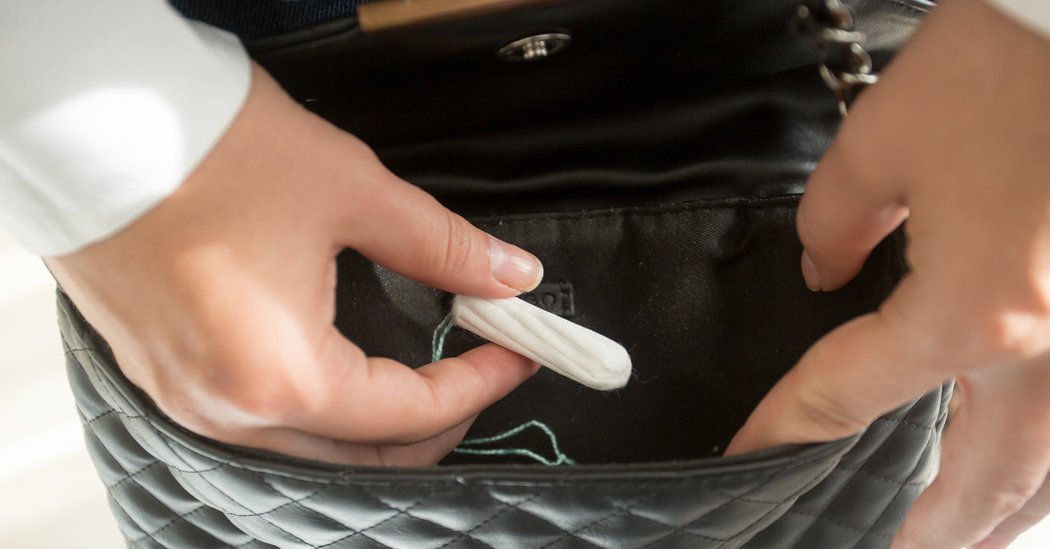
It seems to me that my periods have gotten heavier and more painful now that I’m in my early 40s. Am I crazy? If true, is this a cause for concern?
— Jess from N.Y.C.
Short Take
Your observation may be correct. Periods can get heavier and more painful for some women after the age of 40. Sometimes it is a nuisance and sometimes it is a cause for concern.
[Have a question about women’s health? Ask Dr. Gunter yourself.]
Tell Me More
Heavy menstrual bleeding, medically-speaking, is losing more than 80 milliliters of blood in a period — that’s about 5 and a half tablespoons. (I know, a normal period seems like a lot more blood than that!) That definition is really only useful for research purposes. In practical terms, heavy menstrual bleeding is a volume that affects your quality of life.
Think you’re experiencing heavy menstrual bleeding? Consider if you experience any of the following:
-
Blood leaking onto clothes or bedsheets.
-
Needing to change a pad or tampon every three hours or less.
-
Using 21 pads or tampons per cycle.
-
Expelling clots more than an inch in diameter.
-
Needing to get up often at night to change pads or tampons.
Heavy periods can simply be heavy or they may be associated with increased cramping.
As women transition into perimenopause, (this typically starts after the age of 40), there can be subtle changes in bleeding.
Irregular ovulation during perimenopause can lead to heavy irregular periods. Other medical conditions, such as polycystic ovarian syndrome can also cause periods that are irregular and heavier than usual. Blood thinners, such as coumadin, and copper I.U.D.s can also cause heavier periods for some women.
Other causes of heavy bleeding are structurally related to the uterus. Some of the more common ones include the following:
-
Adenomyosis: A condition where the lining of the uterus grows into the muscle of the uterus. This is typically associated with painful periods.
-
Fibroids: Benign tumors in the uterus.
-
Cesarean section scar: Some data suggests this can affect the muscle around the scar, which may impact bleeding.
Heavy periods can also be a sign of precancer or cancer of the uterine lining (endometrial cancer). If you start experiencing heavy periods and are 45 years old or more you should talk with your doctor about whether testing for this is indicated. If you are under the age of 45, testing may also be indicated depending on other risk factors, such as a body mass index (B.M.I.) of 30 or more, or genetic risk factors.
Dr. Jen Gunter, Twitter’s resident gynecologist, is teaming up with our editors to answer your questions about all things women’s health. From what’s normal for your anatomy, to healthy sex, to clearing up the truth behind strange wellness claims, Dr. Gunter, who also writes a column called, The Cycle, promises to handle your questions with respect, forthrightness and honesty.

